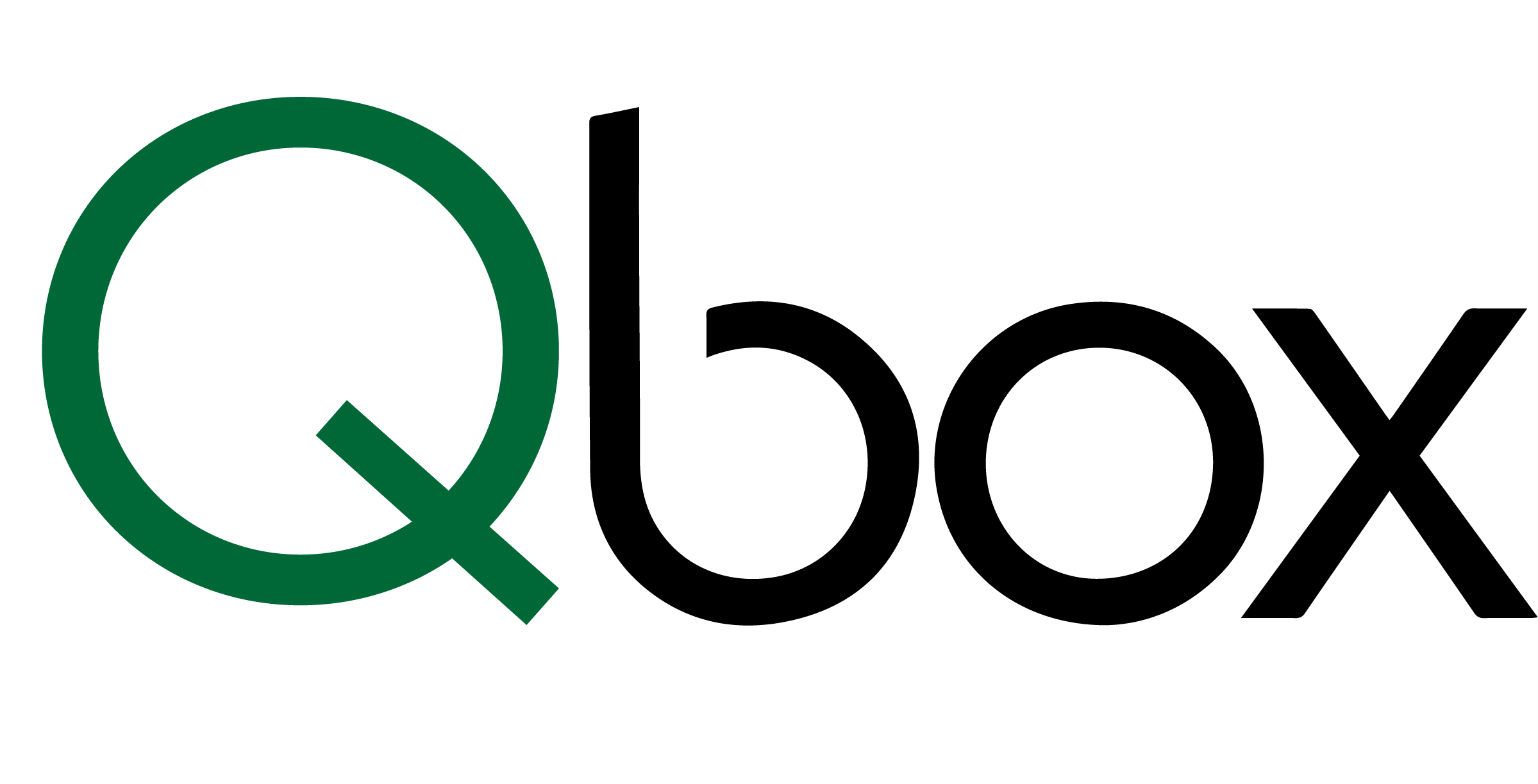The Importance of Financial Reporting: A Comprehensive Guide

Contents
Finance is the cornerstone of organizational operations. It is the oxygen that companies need to stay alive. Because of its huge importance, meticulous and accurate financial reporting is one area every serious business must take seriously. Organizations that default on this critical requirement risk not only being misinformed about their financial health but may also be in danger of the consequences of non-compliance with regulatory requirements.
What is financial reporting? What are some financial report types? What are some financial accounting examples? What is the importance of financial accounting? If you’re concerned about answers to these questions and more, then commit a few minutes of your time to reading this text.
What is Financial Reporting?

In bookkeeping and accounting, financial reporting is the documenting and communicating of financial activities and performance of a business or an organization over specific periods, usually on a quarterly or yearly basis.
Financial Reporting vs Financial Statements
The above passage addresses the question: What is financial reporting? But it does not shed light on the relationship between financial reporting and financial statements. Financial reporting and financial statements are two closely related terms, but they have slightly different connotations. How? The process of financial reporting is a broad one that involves the documenting and communicating of financial information to interested parties, while financial statements are the documents used to communicate this information.
Financial reporting consists of a variety of activities that may include:
- Identifying the information that needs to be communicated.
- Gathering the information.
- Analyzing the information.
- Presenting the information clearly and concisely.
The three "core" financial statements are:
- Balance sheet: shows a company's assets, liabilities, and shareholders' equity at a specific time.
- Income statement: shows a company's revenues, expenses, and profits over a period.
- Cash flow statement: shows a company's cash inflows and outflows over a period.
What is a Financial Report?
The earlier section has answered the question: What is financial reporting? And all this while, the focus has been on financial reporting. So it has become necessary to define what a financial report actually is.
A Financial report is a broad term that encompasses several types of financial documents and communications. Financial statements are a good example of documents that are classified under financial reports. Hence, all financial statements are financial reports, but not all financial reports are financial statements.
Therefore, one should consider financial statements as part of the answer to the question: What is financial reporting? In other words, financial statements are part of a broader term: financial reports.
Why Financial Reporting is Important
Thus far, the post has done justice to salient questions such as: What is financial reporting? What is a financial report? It has also discussed the difference between financial reports and financial statements. This leaves us with having to analyze why financial reporting is important.
Companies use financial reports to organize accounting information/data and report on their current financial position. Financial reports also help organizations predict future profitability, industry position, and growth. In addition, many financial reports are available for public review.
Here are some more use cases that highlight the importance of financial reporting:
- It is legally required by the IRS (in the U.S.) for tax purposes.
- Provides potential investors, creditors, and other businesses information or insight into the financial state and creditworthiness of a company of interest.
- Information from financial reporting software can help organizations make better business decisions – for example, whether or not to open a new branch.
- Real-time business financial reporting and analysis helps senior executives in the management of current assets to meet current liabilities without having an underutilized surplus. Similarly, it helps in debt management, especially debt that relates to revolving credit lines and other short-term credit facilities such as credit cards.
- Accurate financial documentation assists in the measurement of important KPIs, for instance, debt-to-asset ratios which investors rely on to determine how effective companies are in paying down debt and generating revenue.
- Internal analysis of financial reports can enable a company to identify trends and patterns that can help prepare it adequately to exploit emergent opportunities and mitigate risks that may arise from potential challenges.
- With improved data models and in-depth financial reporting and analysis, organizations can better evaluate their current activities and make optimal decisions for future growth.
- Financial reporting includes specific processes that organizations must follow to comply with mandatory accounting regulations. Rules and guidelines from bodies such as the FASB, IASB, GAAP, SEC, and others serve as standard frameworks for financial reporting.
Financial Reporting Examples
It may have been ideal to include some examples in the section: What is financial reporting? But better late than never. Most often, financial reporting is associated with the earlier-mentioned core financial statements (the balance sheet, income statement, and statement of cash flows). However, financial report types can manifest in several other forms, depending on the source and the readers' information needs.
For example, public companies in the U.S. file quarterly 10-Q and annual 10-K statements with the SEC. These documents contain extensive notes on the core financial statements as well as supplementary schedules and the management's discussion and analysis (MD&A). For internal stakeholders, financial reporting can include any financial reports that management desires to generate, for instance, detailed sales reports, trends, and KPIs.
In the U.S., private companies disclose limited financial information on their websites, usually as press releases. However, thousands of publicly available examples of financial reports emanate from public companies. These reports, which can be seen on their websites and press releases, are included in the SEC's EDGAR online database which is publicly accessible.
Quickbooks Online Reports
The QuickBooks Online reports feature is used in a variety of ways. The “Reports” section in the toolbar is divided into three areas that you can access by clicking the labeled tabs:
- Standard reports: an extensive list of reports that QuickBooks Online offers, shown in related groups.
- Custom reports: reports that you’ve customized and saved for later use.
- Management reports: very flexible and specialized reports that are suitable for company owners and managers.
What is Advanced Reporting in QuickBooks?
If you're using QuickBooks Desktop Enterprise 2018 and higher, you can use QuickBooks Advanced Reporting (QBAR) for better insights into your business. QBAR is one of the QuickBooks reporting tools or features that lets you create interactive custom reports. You can use your QuickBooks data to build your own report based on your specific needs. This lets you see how you’re doing with your business.
Limitations of QuickBooks Reporting
Though QuickBooks offers a variety of reporting features, these capabilities fall short in a number of areas, unfortunately. This is especially the case for businesses that require advanced or highly customized reporting. The standard reports feature may be okay for basic financial reporting and analysis but it may not sufficiently meet the needs of all businesses. Organizations that require more detailed or specific reports may find QuickBooks options limited and not customizable enough to generate the insights they need.
Moreover, customizing reports in QuickBooks can be a challenging task, especially for users who are not very conversant with accounting procedures or lack technical expertise. QuickBooks report customization can be a time-consuming process that requires in-depth knowledge of both software and accounting principles to ensure smooth operations and accuracy.
In a nutshell, QuickBooks online is great, but there are a few things that it can’t do. If you’re still on QuickBooks Desktop, and are looking to switch to a program that enhances your collaboration needs, Qbox can help you stay on Desktop.
Qbox is an all-in-one cloud-enabled collaboration solution for Windows OS that integrates with QuickBooks Desktop and allows users to share their financial statements and other files from multiple different platforms remotely. This means that every member of your team can collaborate on your QuickBooks files from any location, which can save you time, money, and lots of stress.
 Say you are conducting a group accounting tutorial session; Qbox can easily enable you to share documents that include tutorial questions such as: What is financial reporting? What is the importance of financial reporting? What are some financial reporting examples? What is a financial report? What are some financial report types? In simple terms, Qbox will be a significant addition to your environment of financial reporting!
Say you are conducting a group accounting tutorial session; Qbox can easily enable you to share documents that include tutorial questions such as: What is financial reporting? What is the importance of financial reporting? What are some financial reporting examples? What is a financial report? What are some financial report types? In simple terms, Qbox will be a significant addition to your environment of financial reporting!
Best of all, you get a free 30-day trial when you sign up for Qbox, so check out Qbox now and watch your business operations change for the better.

